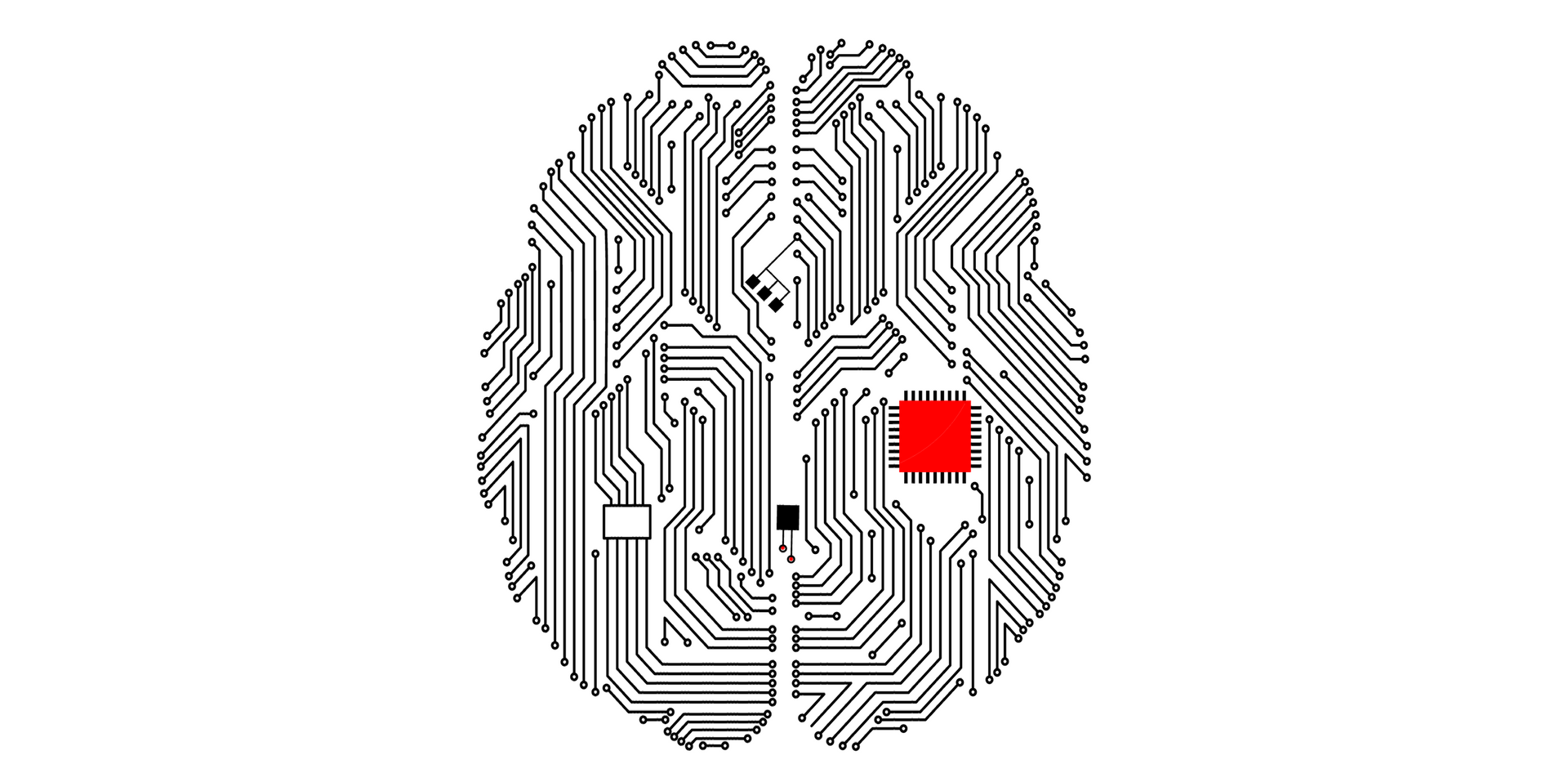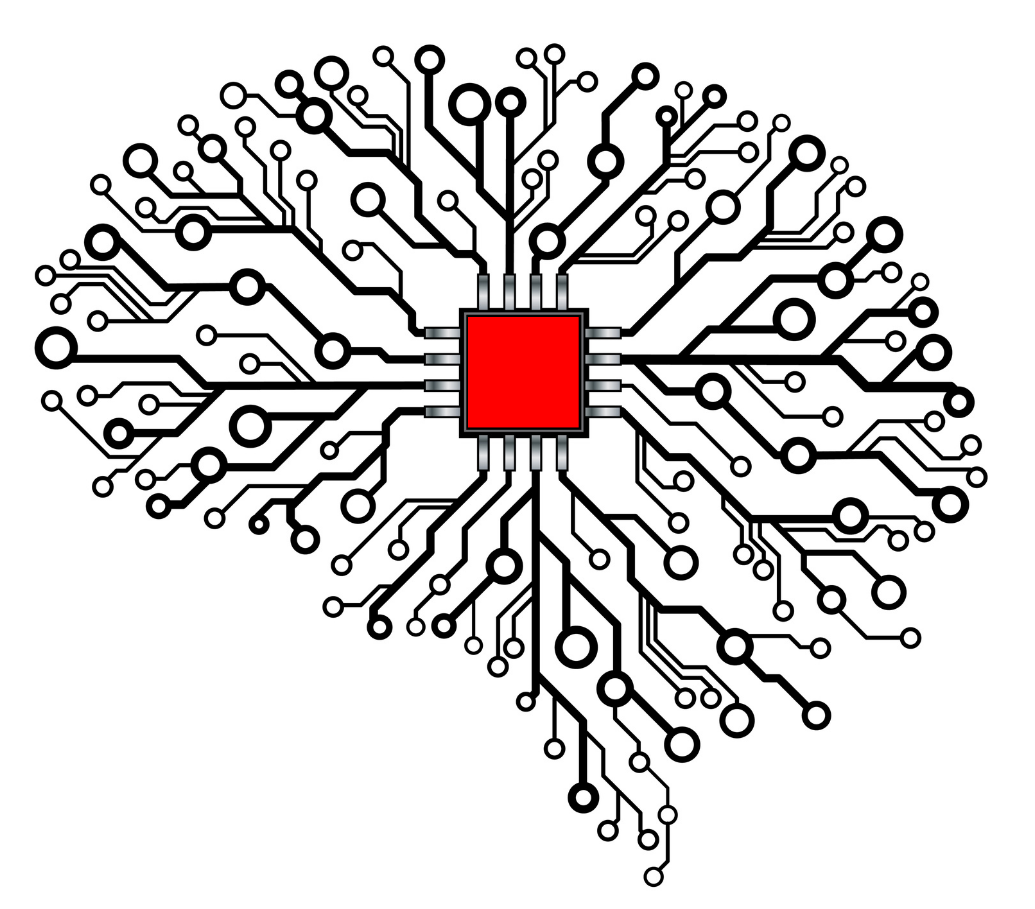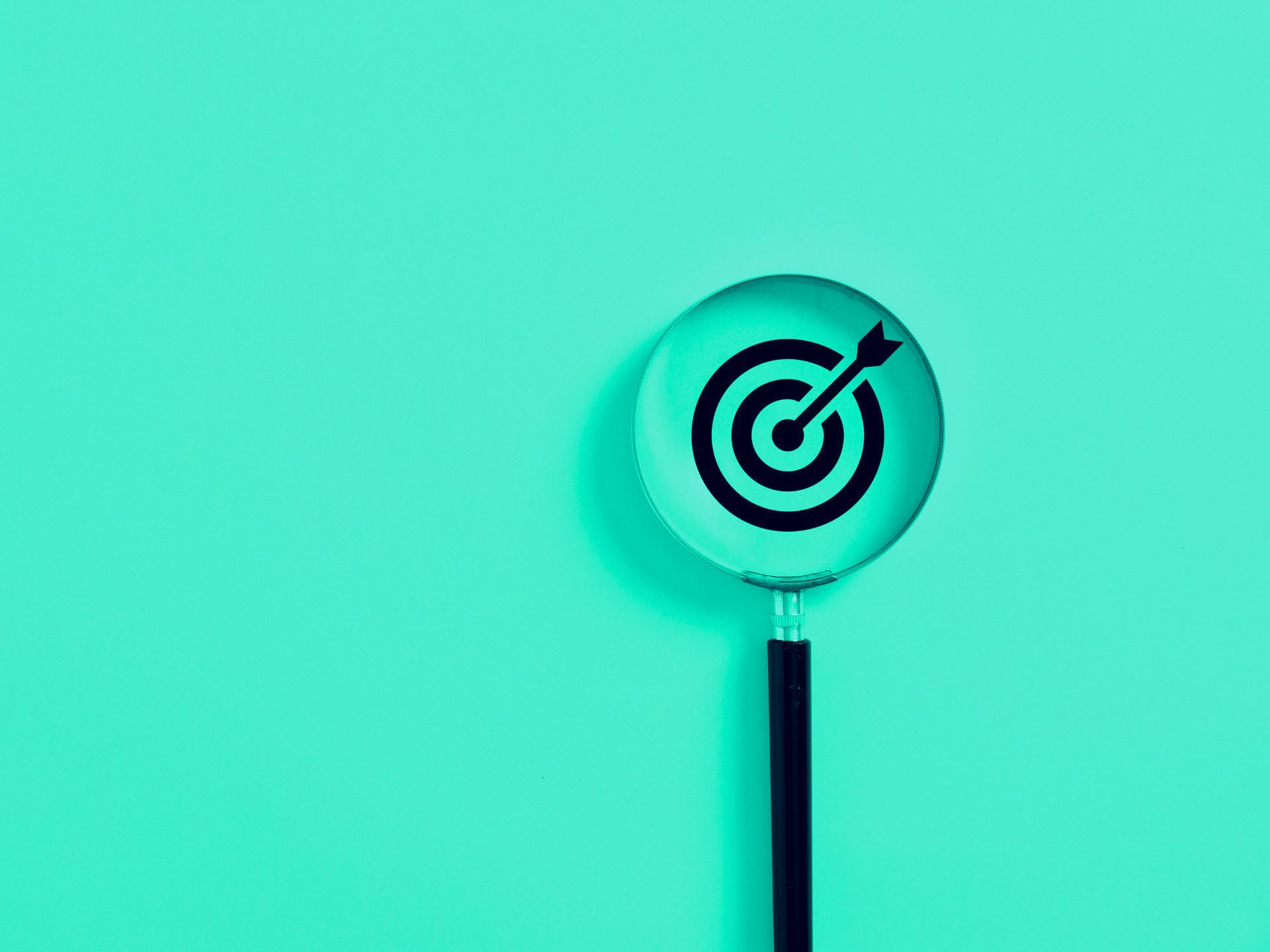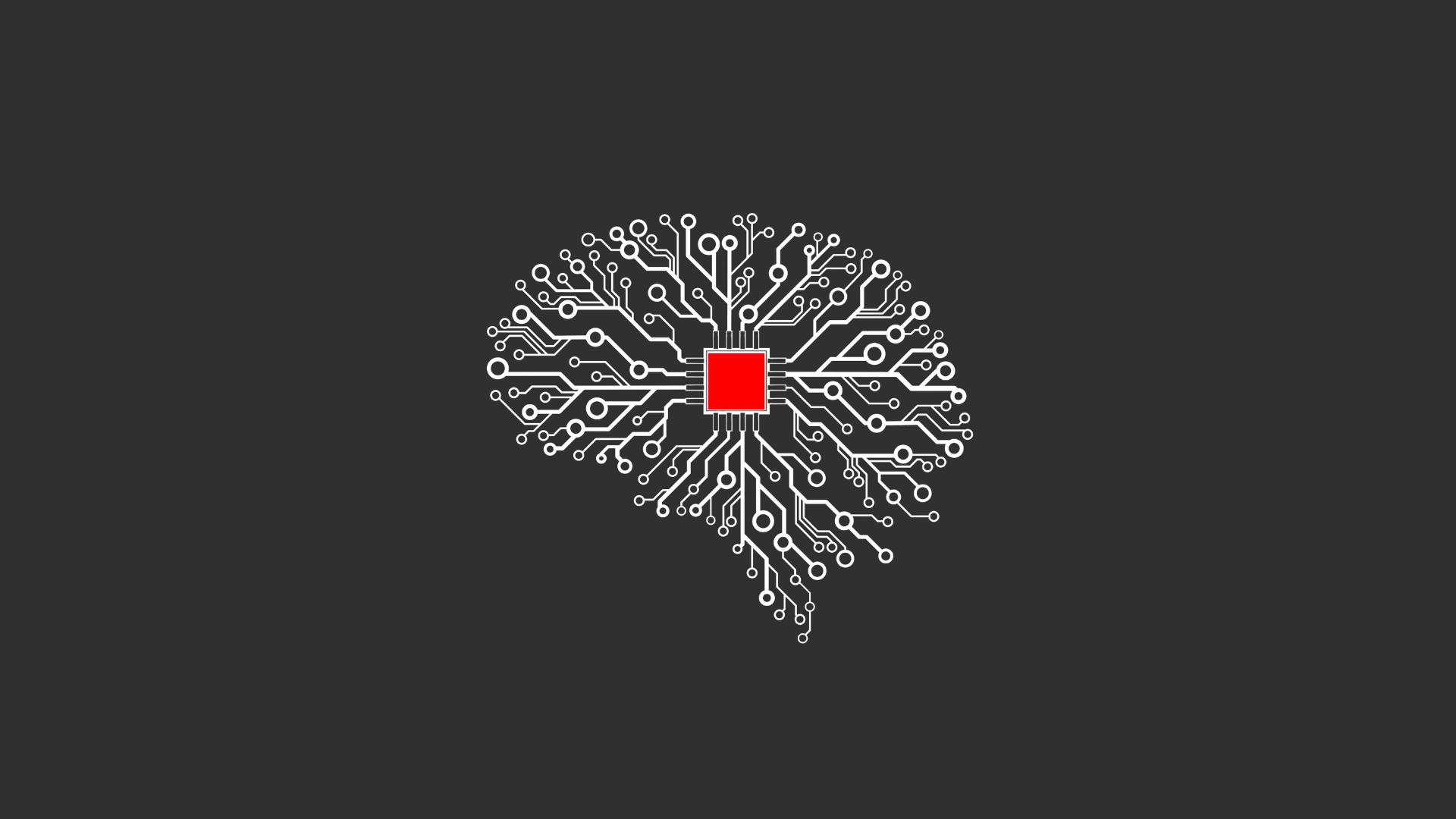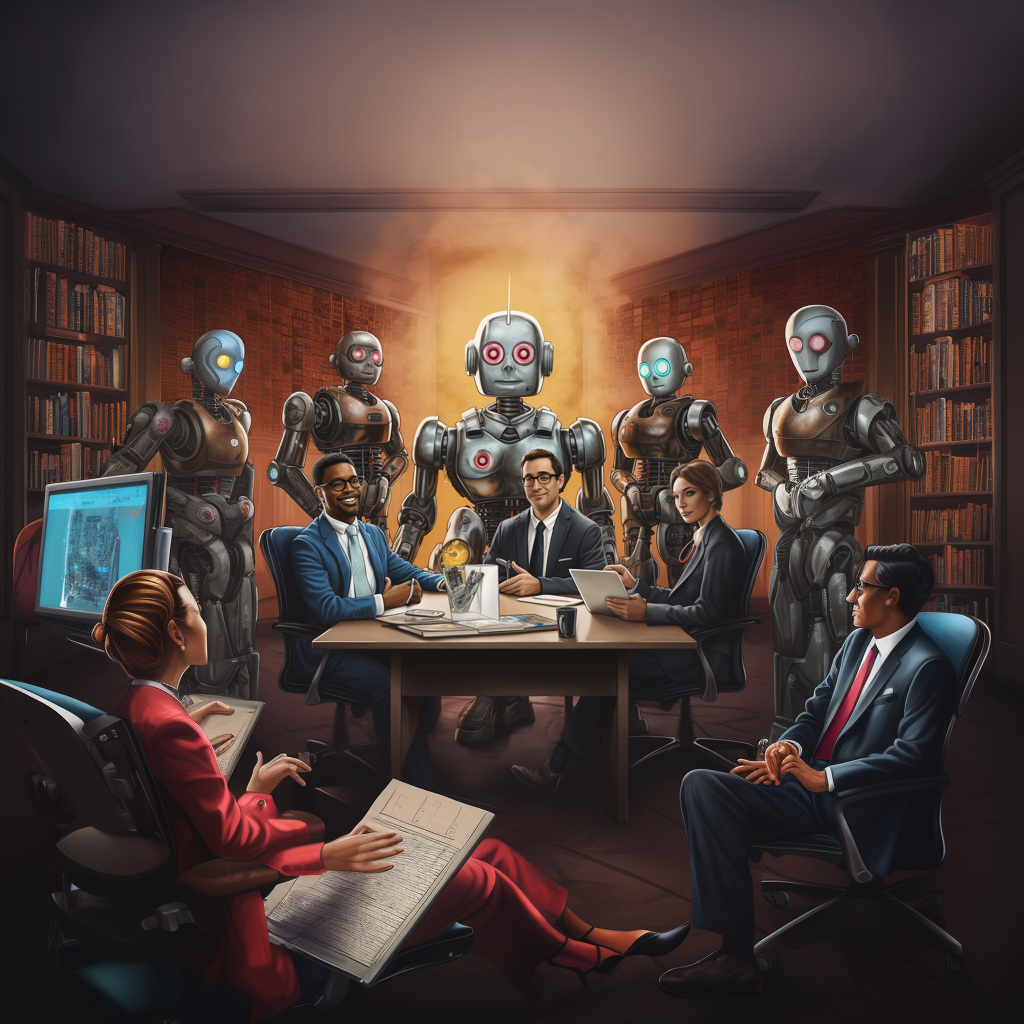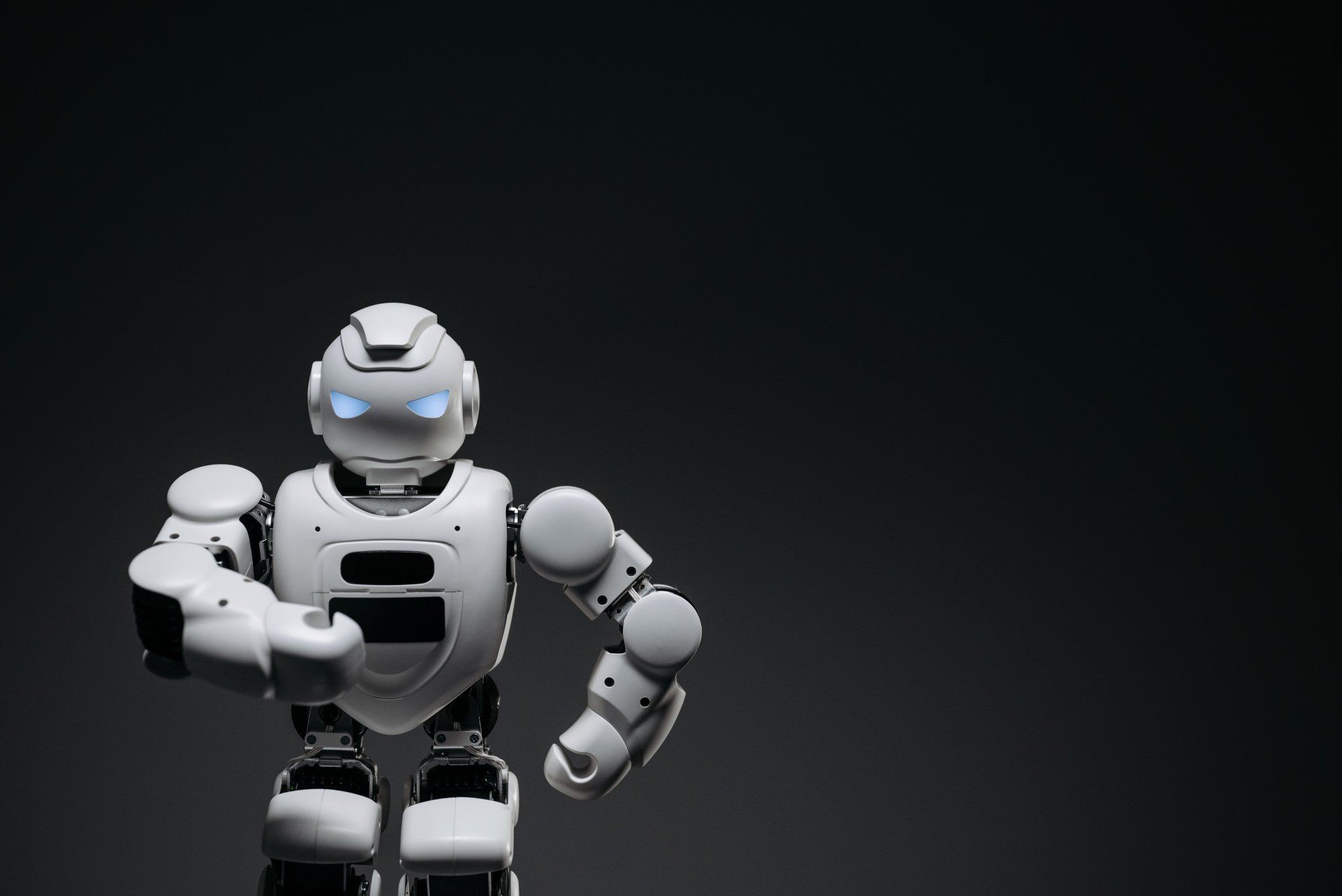Generative AI in the Legal Profession
When Open AI released ChatGPT in late 2022, it galvanized the collective imagination—and collective anxiety. Even lawyers wondered how such new AI technologies would change their profession.
Since OpenAI released ChatGPT in late 2022, a variety of new generative AI chatbots have flooded the market and, unlike many AI systems before them, have hit a culture zeitgeist. ChatGPT—and programs that rely on GPT technology—are seemingly everywhere. A student might use a chatbot to generate a five paragraph essay on The Scarlett Letter, for instance. A manager might use one to email to their colleagues about the latest office policies. Or, perhaps, a lawyer might deploy one to begin a real estate contract, or a legal brief? (For a useful breakdown of the timeline and how the technology works, see “ChatGPT is everywhere. Here’s where it came from,” in the MIT Technology Review.)
As Annie Lowrey writes in The Atlantic, “No single technology in modern memory has caused mass job loss among highly educated workers,” Lowrey wrote. “Will generative AI really be an exception?”

